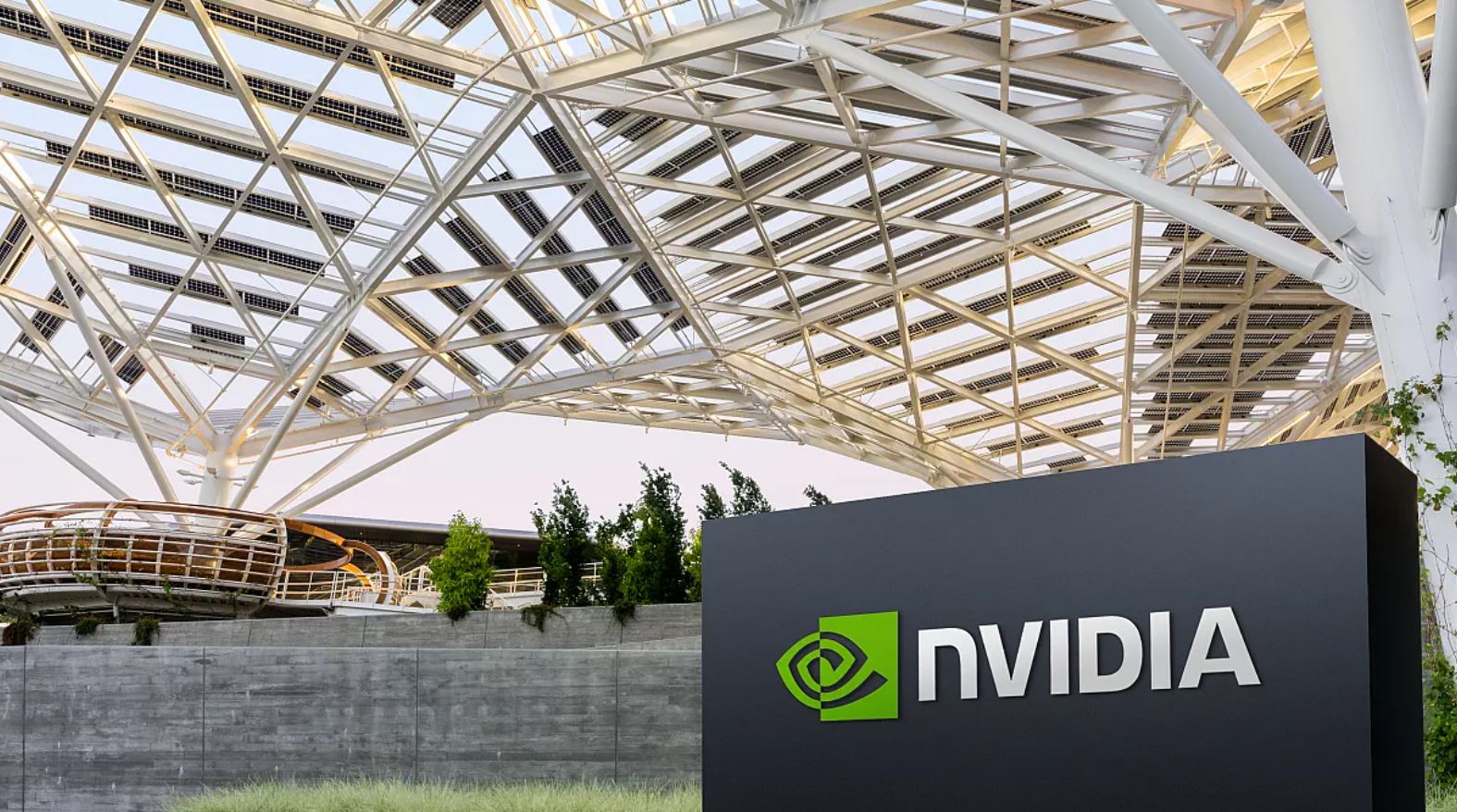 Nvidia’s stock tumbled by up to 5% after Wednesday’s close following a cautious financial forecast. Under CEO Jensen Huang, the Santa Clara tech giant now expects $54 billion in revenue this quarter, a noticeable drop from the higher-end estimates exceeding $60 billion. This has raised eyebrows amid mounting concerns that the AI sector might be cooling off.
Nvidia’s stock tumbled by up to 5% after Wednesday’s close following a cautious financial forecast. Under CEO Jensen Huang, the Santa Clara tech giant now expects $54 billion in revenue this quarter, a noticeable drop from the higher-end estimates exceeding $60 billion. This has raised eyebrows amid mounting concerns that the AI sector might be cooling off.
On a call with analysts, Huang explained that the company is working hard to meet global demand for its advanced AI chips. “The buzz is everything’s sold out,” he remarked, hinting at the enormous opportunities ahead in what he described as a new industrial phase. However, Nvidia’s outlook remains clouded by uncertainties, notably its lack of clarity regarding business prospects in China amidst US-China trade tensions.
Adding to the unease, Nvidia confirmed that its H20 chip—designed to comply with US export rules—had no sales in China this quarter. The revenue forecast does not include any future H20 shipments to that market, spotlighting the challenges in bridging compliance with growth ambitions.
Market reactions were swift: Nvidia’s shares slipped by 2.7% to $176.74, even as the company wrapped up the session as the world’s most valuable corporation, boasting a market cap of about $4.43 trillion. For the quarter, Nvidia reported a robust 56% revenue increase to $46.74 billion and a 59% rise in net income to $25.78 billion (or $1.05 per share). This performance was driven in part by a 56% increase in revenue from its AI data centres, which have become a central pillar of its sales strategy.
Industry heavyweights like OpenAI and Meta continue to fuel the demand for Nvidia’s chips, as they scramble to secure a lead in the fiercely competitive AI landscape. At the same time, political and regulatory challenges persist. Earlier this year, the Trump administration had barred sales of the H20 chip to China over national security concerns, a decision later reversed by the White House in exchange for a 15% share of chip revenue from China. However, following controversial remarks by Commerce Secretary Howard Lutnick, Beijing has urged its tech firms to explore other options. Recent reports even suggest that Nvidia may have stopped production of the H20 chip amid escalating regulatory pressures in China.
If you’ve ever felt the pinch of market ups and downs, you know that keeping an eye on these shifts is vital. Despite its pivotal role in the AI boom, Nvidia’s situation reminds us that even industry leaders must navigate a complex mix of market expectations and geopolitical pressures.








